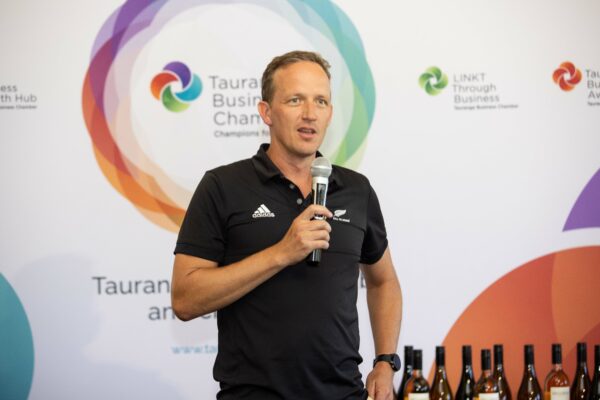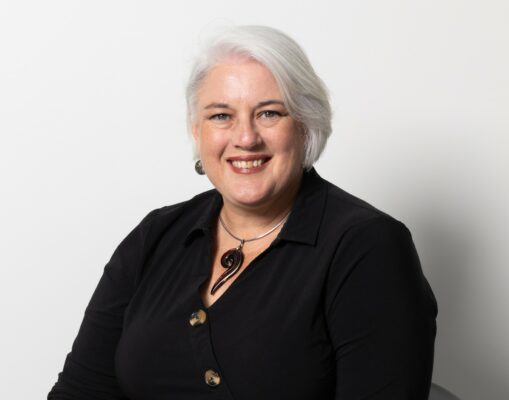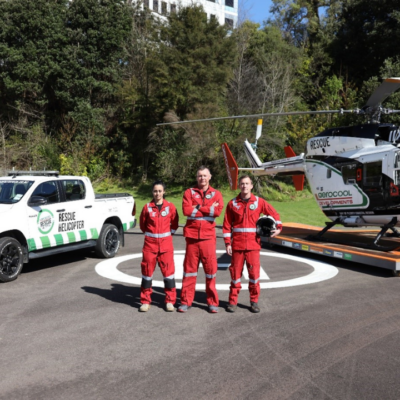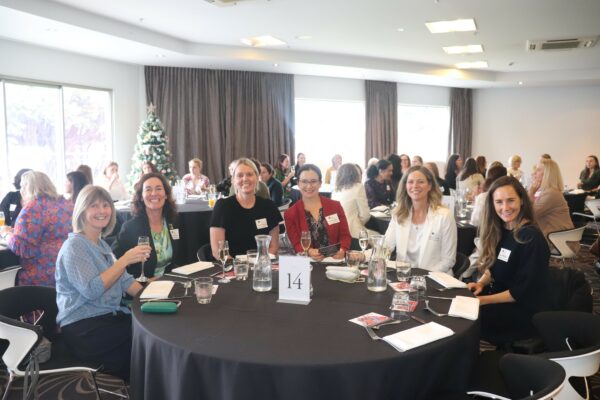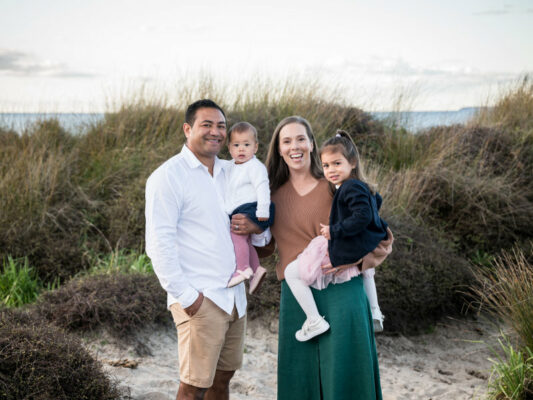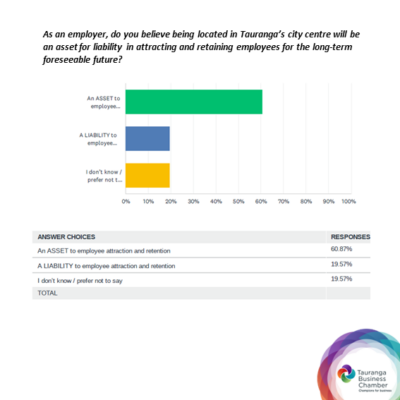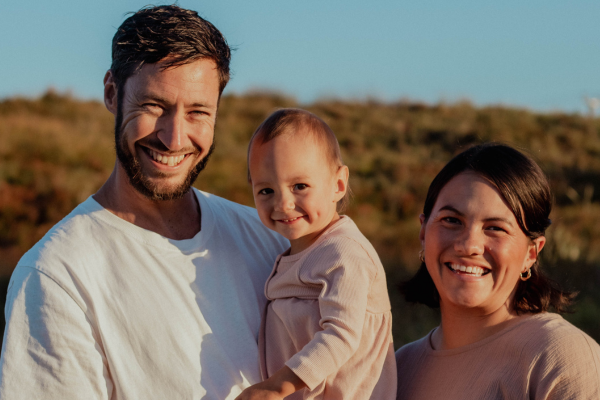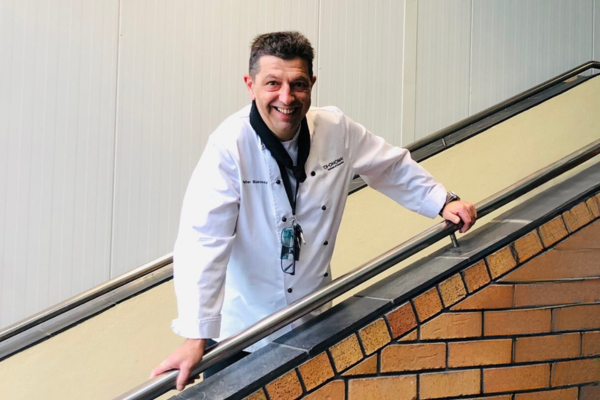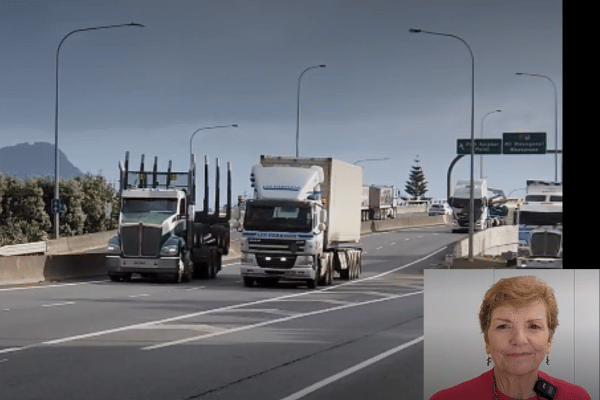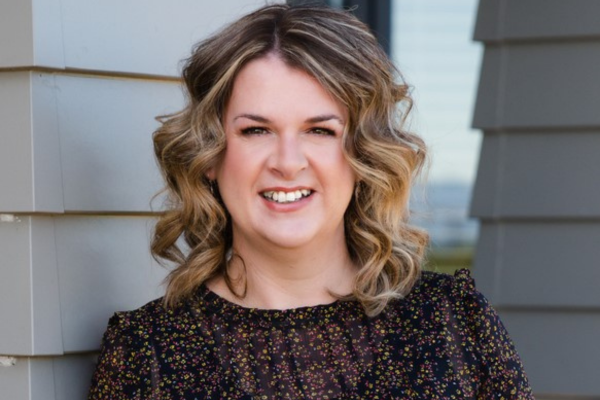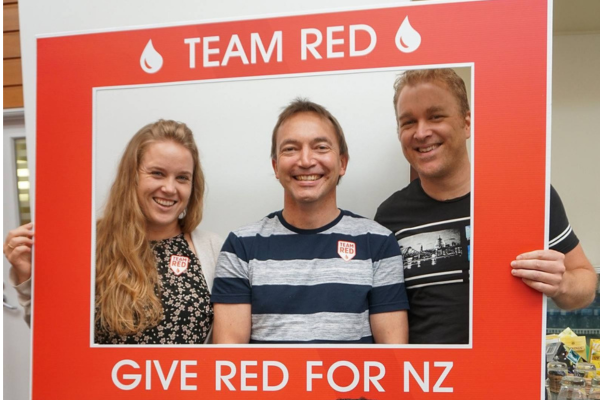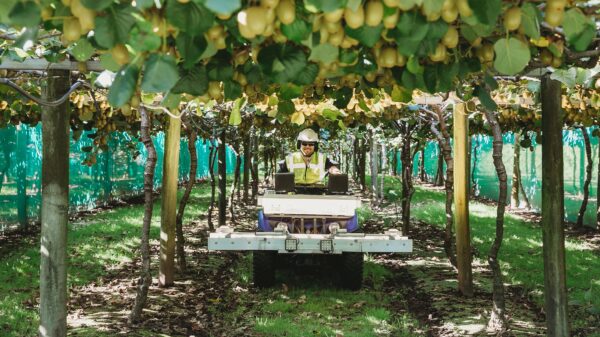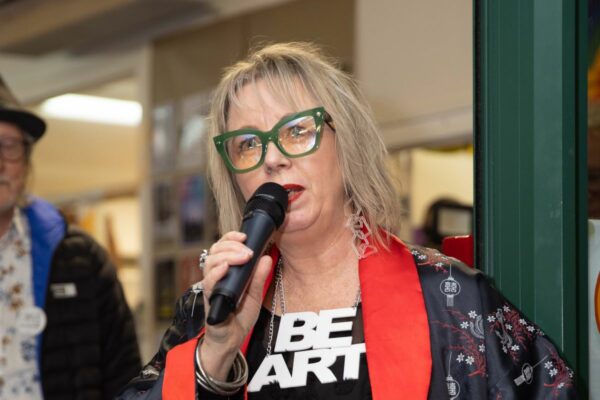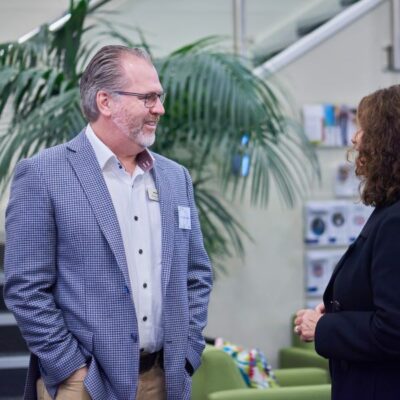With traffic light levels dropped, and mask mandates gone we were curious to know how local businesses coped with the pandemic and what’s next for their business in the Bay.
We asked three of our member businesses, from three different industries what was their biggest challenge during the pandemic, and what the future looks like now that things are starting to get back to normal.
CKL
John Sternberg, Branch Manager
For more than 30 years, CKL has supported New Zealand property owners and developers with surveying, planning, engineering, and environmental advice and expertise.
What was your biggest challenge during the Covid-19 pandemic, and how did you manage it?
Uncertainty around workflow, the ability for the team(s) to actually work from home and, ultimately, the ability to deliver solutions for clients, whilst recognising the benefits for some staff in doing so compared to a traditional office environment. Microsoft Teams offered a good alternative communication channel for staff and clients to meet and share information. Interestingly, frequency and calibre of (virtual) communications (projects and marketing) improved in some instances. Sustaining team morale and culture was a challenge, particularly once the WFH novelty wore off – however, regular communication on Teams and virtual Friday evening team building sessions proved fruitful and, in fact possibly strengthened team culture.
Now that things are getting back to normal, what’s next for your business?
Build on the team spirit that was developed during lock-down. Capitalise on the opportunities that were generated whilst in lockdown – follow through with good communications, face-to-face where possible, and keep the momentum up.
What is one thing the Government could do to help improve and support your business in the current economic environment?
Get the country back on a growth trajectory
If you could share one piece of advice for businesses struggling in the post-Covid environment, what would it be?
Look after your existing client base – communication and delivery are key. Sustain team culture and motivation – a happy team is one that delivers. Capitalise on networking, now that we can.
Miss Gee’s Bar and Eatery
Ashleigh Gee, Owner Operator
Hospitality business, Miss Gee’s Bar and Eatery is located on Masonic Park in the CBD and plays host to a wide range of events. Miss Gee’s is open from lunch till late and is the perfect place to host your next function.
What was your biggest challenge during the Covid-19 pandemic, and how did you manage it?
Our biggest challenge during the COVID-19 pandemic was trying to constantly pivot our offerings to suit the levels & traffic light restrictions. Being a bar designed for people to mix and mingle, eat onsite, dance, and order at the bar, our entire business model was completely turned on its head after being open for five months. We had to pivot as fast as possible, change our offerings, move to takeaway food ordering, elevate our table service, and set up outside trading – the list of changes was immense, stressful, and time-consuming, but we did it.
Now that things are getting back to normal, what’s next for your business?
Not sure if it’s a good thing or a bad thing, but being my first hospitality business, I’m not sure what ‘normal’ looked like before COVID. So, for us, it’s business as usual. We are focusing on being able to trade more and increase our customer turnover but without relying on large staffing numbers or negatively impacting our guest experience. Automating where possible so our staff can focus on providing quality products and memorable service.
What is one thing the Government could do to help improve and support your businesses in the current economic environment?
Based on the issues I come up against in hospitality, adjusting the maximum amount our students are allowed to earn while receiving the Student Loan Allowance would enable them to earn more and keep up with rising living costs. Also, enabling businesses to roster students for more hours would help with staffing issues. Removing secondary tax for those earning under $14,000 in their second job – we are penalising workers that want to work and a lot of hospitality workers look to work for multiple businesses due to venues being closed more days of the week.
If you could share one piece of advice for businesses struggling in the post-Covid environment, what would it be?
Focus on the parts of your business that make the most return – the reason people go to you. Critique systems and processes to ensure it’s the best they can be, and the customer experience is smooth and enjoyable. Then work your way backward looking at new products, new promotions, and new ways to do things. Trying to do everything your competitors are doing, adding in new systems and different products all at the same time can lead to trying to do too much at once, and not doing any of them well. Don’t panic, play the long game but constantly try to improve. One of the best things I get told often is to put the blinkers on and pin your ears back.
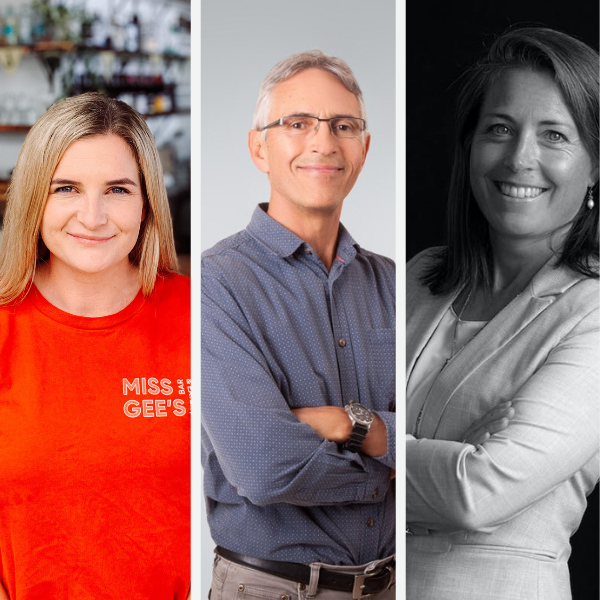
Mackersy Property Limited
Omea Willows, Director, Investor Relations & Operations
With more than $2.0 billion worth of assets under management, Mackersy Property has one of the largest commercial and industrial property portfolios in New Zealand. With offices in Queenstown, Christchurch, Tauranga, Dunedin and Hamilton, the company currently manages 39 commercial properties, 152 syndicate-owned commercial properties and 420 tenants nationwide on behalf of over 2,600 investors.
What was your biggest challenge during the Covid-19 pandemic, and how did you manage it?
The biggest challenge was dealing in a very uncertain time, where tenants and investors were extremely concerned about the future prospects of their businesses and investments. We had never been in this situation before, were unsure whether a recession would be triggered, and if so, how long that would last, and/or how the government would respond. Tenants struggled to understand whether they could trade or not and what their daily/weekly income would look like. Based on this, our biggest challenge was negotiating with tenants as to the appropriate amount of rent relief during compulsory lockdown periods, while ensuring we protected our investor’s capital at the same time. This was exacerbated by standard leasing documentation which was unclear and did not respond well to a pandemic situation. As a team we worked very long hours organising meetings with large groups of investors, and went into communication overdrive to ensure our stakeholders, both clients and tenants were kept informed to the best of our ability.
Now that things are getting back to normal, what’s next for your business?
We have grown significantly in the last five years, and part of this growth plan included the establishment of an office in both Tauranga and Hamilton. We believe the outlook for the Golden Triangle, and the Bay of Plenty in particular is very positive. Like most businesses, we are grappling with rising inflation and interest costs, and specifically the potential impact on commercial property cashflows and values. Given the shortage of skilled labour, we are very focused on looking at alternative ways to create efficiencies and cut costs.
What is one thing the Government could do to help improve and support your business in the current economic environment?
Stop creating more regulatory departments, adding more red tape and cost to an already expensive economy. These additional costs are falling very heavily on small businesses. Wasteful government spending is contributing to inflation and interest rates which will only apply further pressure on small businesses who are needed to help provide jobs for our people.
If you could share one piece of advice for businesses struggling in the post-Covid environment, what would it be?
Innovate and automate. Really understand your place in the market, who are you are trying to serve, and look for alternative ways to satisfy your clients without the need to add more resources and overheads.
Looking for more business tips and advice? Head to our Latest News section.































